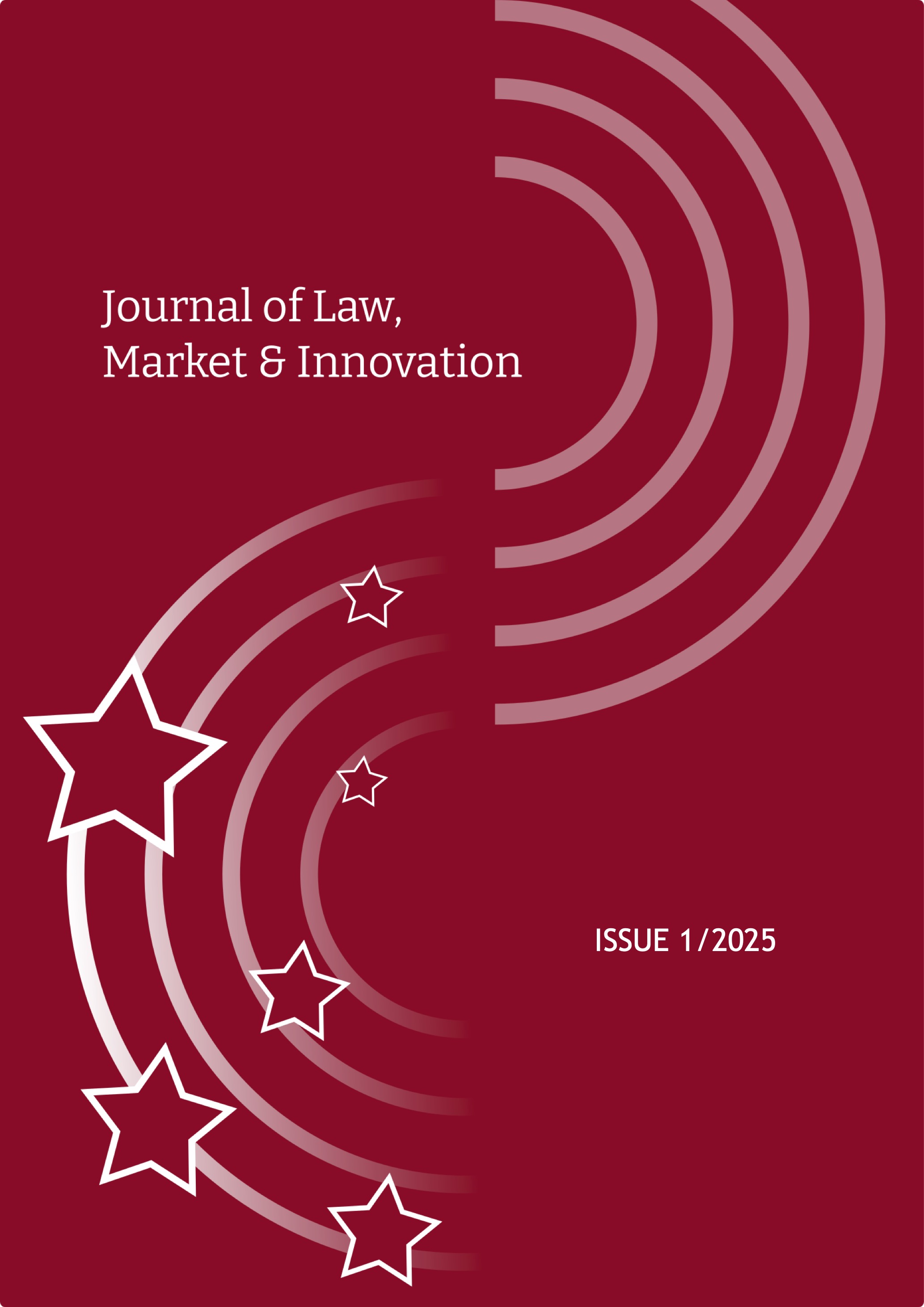Big Data and Competition Law: Navigating Trade Practices in the Digital Age
DOI:
https://doi.org/10.13135/2785-7867/11803Keywords:
Big data, Anti-competitive practices, Market power, Competition law, Data-driven businessesAbstract
According to International Data Cooperation, it is expected that the world data will grow at a compound annual rate of 61% that is from 33 Zettabytes in 2018 to 175 Zettabytes by 20251 . It is prudent to say that data, more specifically consumer data, can be termed as the new raw material for digital businesses. By skilfully leveraging big data (which is the collection of large and complex data sets), e-commerce companies are able to understand the current market trends and consumer purchasing behaviour. This gives them the potential to make near-accurate forecasts and enhance the user shopping experience by providing personalised products, implementing targeted advertising, optimising prices, and elevating customer services. Although the accumulation of big data gives companies a substantial competitive advantage yet, it’s use is not free from anti-competitive concerns. This paper aims to shed light on present and potential anti-competitive practices that data-driven businesses indulge in that can lead to market distortion. The author brings forth both sides of the discussion, one that argues how big data can lead to anti-competitive practices and the other that tries to disprove this notion. The debate around big data and its impact on competition law usually circles around three questions that shall be addressed in this paper. Firstly, could accumulating data could contribute to market power and anti-competitive actions? Secondly, what are the effects of big data on market transparency? Thirdly, could data be used as an instrument to do anti-competitive conduct and abuse of dominant position? Apart from trying to find answers to these questions, this paper also examines some key elements of competition law, such as delineating ‘relevant market’ and assessing ‘dominance’, that are regarded as prerequisites in any antitrust inquiry across the globe. The author discusses these elements via an international comparative study of big data-related cases. This article concludes by arguing whether or not reliance on traditional antitrust tools makes the regulator’s work difficult in assessing trade practices that involve big data. This study further proposes a few recommendations that may be of benefit to competition regulatory autho




 EJIF has been approved for inclusion in
EJIF has been approved for inclusion in  The Journal of Law, Market & Innovation is indexed in
The Journal of Law, Market & Innovation is indexed in  The Journal of Law, Market & Innovation is indexed in
The Journal of Law, Market & Innovation is indexed in  The Journal of Law, Market & Innovation is indexed in
The Journal of Law, Market & Innovation is indexed in  The Journal of Law, Market & Innovation is indexed in
The Journal of Law, Market & Innovation is indexed in  The JLMI is classified as a "scientific" journal for Law (Area 12) by the Italian
The JLMI is classified as a "scientific" journal for Law (Area 12) by the Italian 